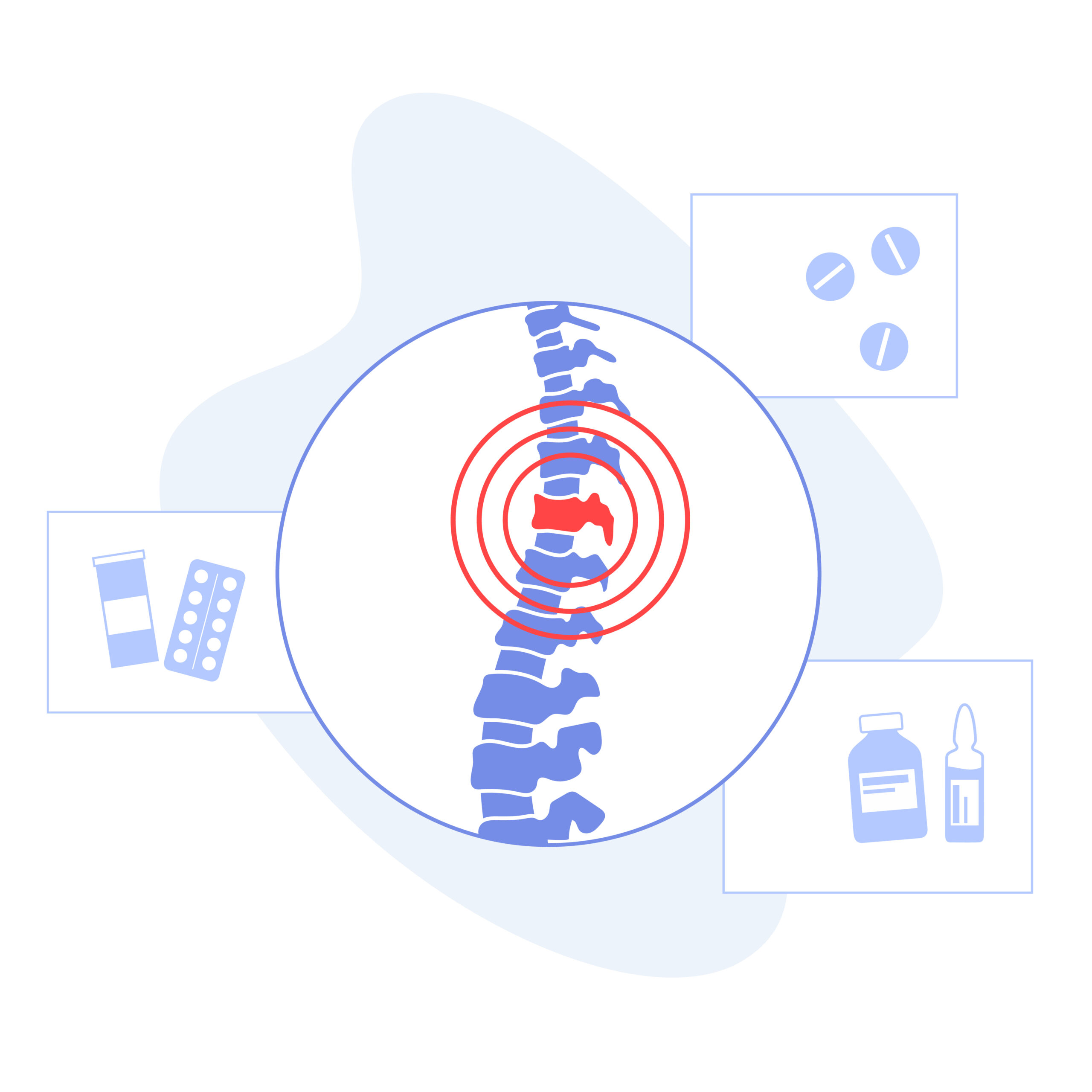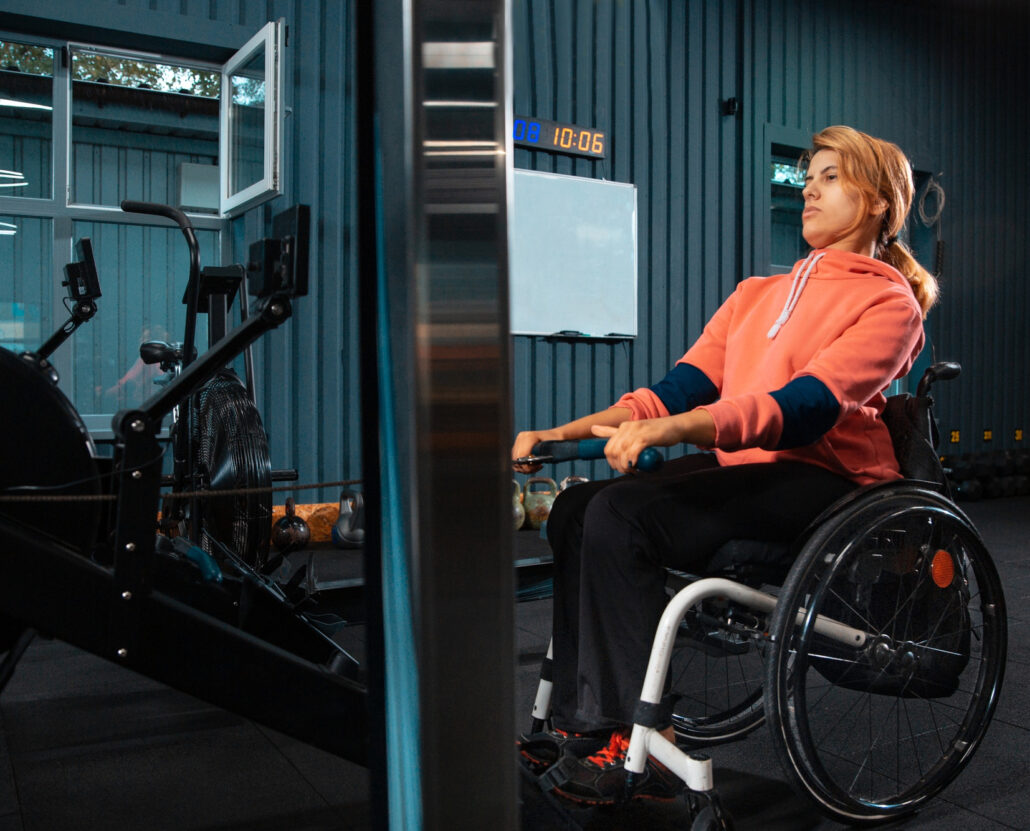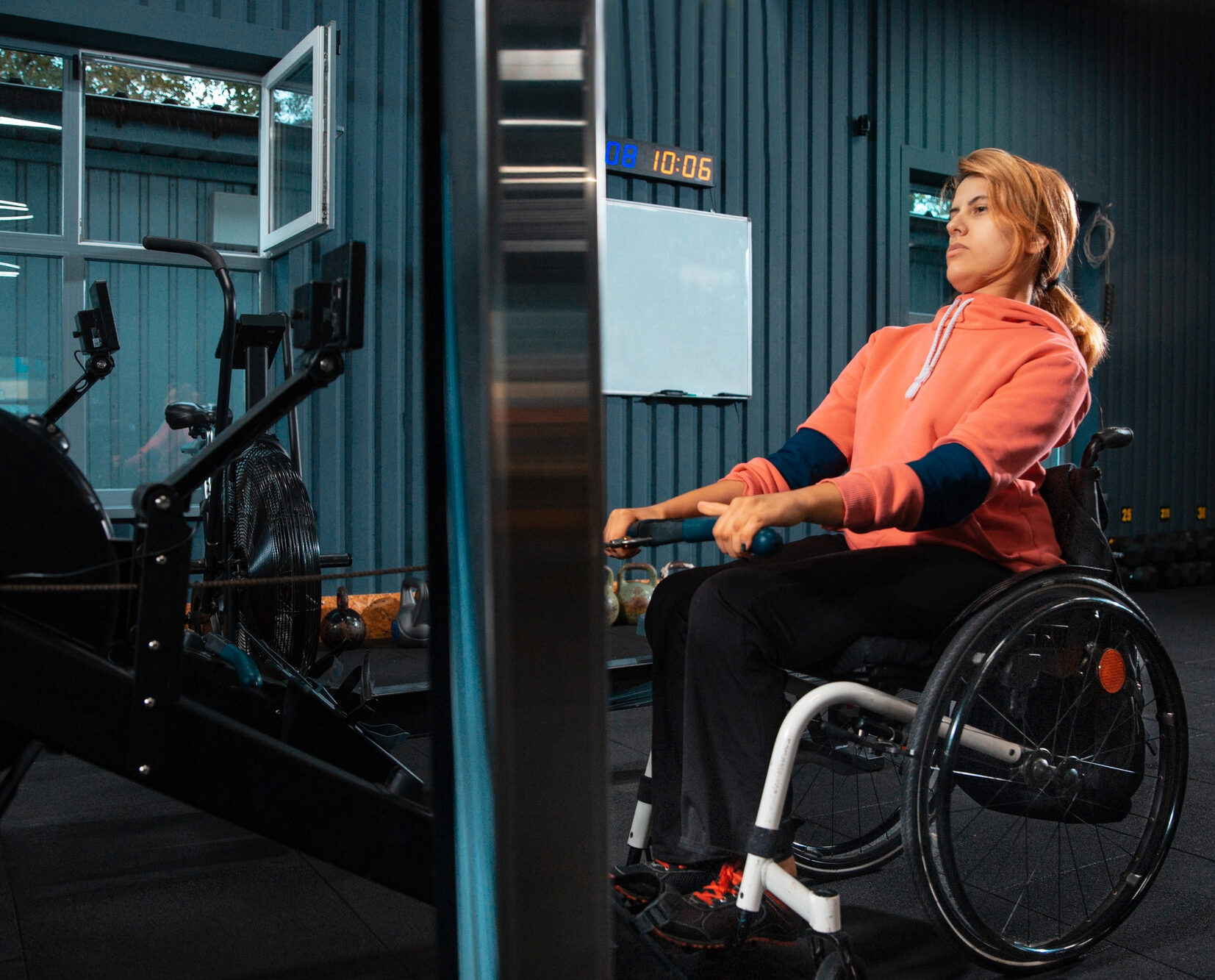Spinal Cord Injury Exercise Study
Dr. J. Andrew Taylor, MS, PhD, and the Cardiovascular Lab at Spaulding are recruiting for a research study using functional electrical stimulation (FES) rowing, along with buspirone and non-invasive ventilation (NIV), to improve breathing capacity and fitness.

Fast Facts

SCI at level T8 or above, and ASIA A, B, or C

18-55 Years Old

Compensation Provided

Conducted in Cambridge, MA
Study Background
Researchers at Spaulding Rehabilitation Hospital are conducting a research study aimed at helping people with SCI get the benefits of aerobic exercise.
We are studying the effects of a new form of exercise for people with spinal cord injury. This innovative exercise uses Functional Electrical Stimulation (FES) combined with an adapted rowing machine. FES is a technology that uses electrodes placed on the skin to deliver electrical pulses stimulating paralyzed muscles to contract. In this way, the paralyzed muscles along with the upper-body muscles are under voluntary control and can contribute to a whole-body exercise.
To this exercise, we will be adding two possible treatments to improve exercise responses. One is a drug commonly used for anxiety and one is a mechanical device like a CPAP machine.
If you have a spinal cord injury that occurred at least 3 months ago, and it is at a level T8 or above, or if you are a caregiver for someone who fits this description, you are invited to apply for this study.

Study Background
Researchers at Spaulding Rehabilitation Hospital are conducting a research study aimed at helping people with SCI get the benefits of aerobic exercise.

We are studying the effects of a new form of exercise for people with spinal cord injury. This innovative exercise uses Functional Electrical Stimulation (FES) combined with an adapted rowing machine. FES is a technology that uses electrodes placed on the skin to deliver electrical pulses stimulating paralyzed muscles to contract. In this way, the paralyzed muscles along with the upper-body muscles are under voluntary control and can contribute to a whole-body exercise.
To this exercise, we will be adding two possible treatments to improve exercise responses. One is a drug commonly used for anxiety and one is a mechanical device like a CPAP machine.
If you have a spinal cord injury that occurred more than 3 months ago, and it is at a level T8 or above, or if you are a caregiver for someone who fits this description, you are invited to apply for this study.

Additional Information
People with high-level spinal cord injuries tend to have a greater risk for heart disease, since it is much more difficult to do the kind of aerobic exercise that provides cardiovascular benefits. In this research study, we want to find out if functional electrical stimulation (FES) rowing, along with buspirone and non-invasive ventilation (NIV), can improve breathing capacity and fitness for people with SCI.
You (or someone you care for) may qualify for a study if you meet the following criteria.
Inclusion Criteria:
- 18-55 years old
- Have a spinal cord injury that occurred at least 3 months ago
- Use a wheelchair
- SCI is at level T8 or above, and ASIA A, B, or C
- Medically stable
- BMI between 18.5-35 kg/m2
- Leg muscles responsive to stimulation
Exclusion Criteria:
- Current tobacco use
- Significant arrhythmias, coronary disease, pulmonary disease, diabetes, renal disease, cancer, or epilepsy, or history of bleeding disorders
- Taking any cardioactive medications (except medication to support blood pressure)
- Other neurological disease
- Pregnancy
- Contraindications to buspirone
- Already participating in another investigational drug study
Please note: If you have previously taken buspirone, you may still be eligible. Likewise, if you are currently taking buspirone, you can still participate. However, before starting the study, we will ensure 1 month has passed (a “wash out” period) since your last buspirone treatment. Potential volunteers currently taking buspirone treatment will be required to speak to their primary care physician to ensure that stopping buspirone treatment will not affect their health and can be done in a safe manner before enrolling in the study.
Participation would involve 2-3 weekly visits to Spaulding Rehabilitation Hospital over a six-month period. The study includes a 6-month exercise program designed by an exercise physiologist and performed using the FES-rowing equipment. Participation includes medical history, health and activity questionnaires, blood tests, fitness testing, pulmonary function testing, sleep testing, and metabolic and body composition testing.
As a participant, you can receive up to $600 for your time and effort.
There is no cost for you to participate in our research study.